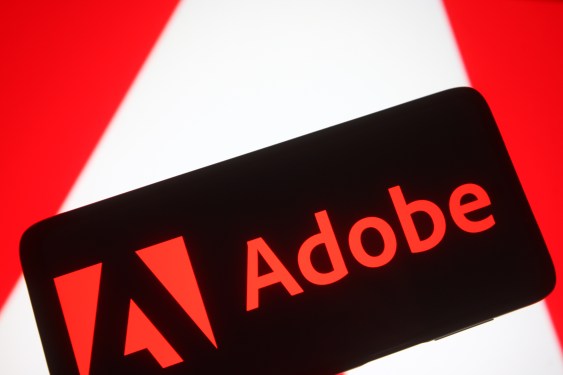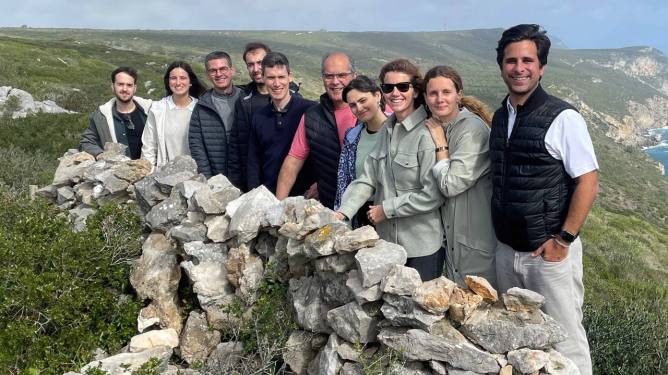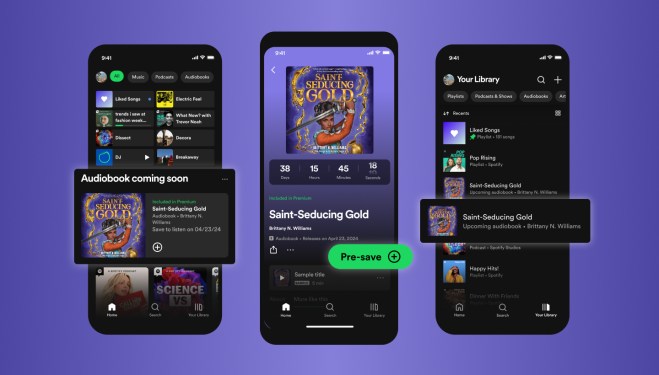A New Era in Music Creation
In a move that could revolutionize the music industry, Adobe has unveiled Project Music GenAI Control, a platform that leverages artificial intelligence (AI) to generate music based on text descriptions or reference melodies. This innovative tool allows users to customize the generated audio within the same workflow, providing an unparalleled level of control and creativity.
How it Works
Project Music GenAI Control uses AI algorithms to analyze text descriptions or reference melodies and generate corresponding musical compositions. The platform’s advanced features enable users to adjust various aspects of the music, including tempo, intensity, repeating patterns, and structure. Moreover, users can extend tracks to arbitrary lengths, remix existing music, or create endless loops.
Development and Future Availability
Project Music GenAI Control was developed in collaboration with researchers from the University of California and Carnegie Mellon. While it’s still in the research stage, Adobe’s head of audio and video AI research, Gautham Mysore, revealed that the platform may be made publicly available at some future date.
The Current State of Project Music GenAI Control
During a panel discussion at the Hot Pod Summit in Brooklyn, Mysore mentioned that the platform doesn’t have a user interface yet. However, he emphasized that Adobe’s primary goal is to create a tool that empowers users to control and customize AI-generated music.
"So this really gets the idea of, AI is generating music with you in the director’s seat and there’s a bunch of things you can do with it," Mysore said. "[The tool is] generating music, but it’s [also] giving you these various forms of control so you can try things out. You don’t have to be a composer, but you can get your musical ideas out there."
Ethical and Legal Concerns Surrounding GenAI Music Tools
As AI-generated music proliferates, concerns about intellectual property (IP) and copyright infringement arise. Music labels have issued takedowns for homemade tracks created using GenAI tools, citing copyright violations. However, the U.S. Copyright Office has yet to take a firm stance on whether "deepfake" music violates the IP of artists, labels, and other rights holders.
A Complex Issue: AI-Generated Art and Music
In August, a federal judge ruled that AI-generated art cannot be copyrighted. The U.S. Copyright Office is currently seeking public input on copyright issues related to AI. Additionally, users may face uncertainty about whether commercializing music generated in the style of another artist would violate copyright law.
Adobe’s Approach to GenAI Tools
Mysore acknowledged that Adobe develops its GenAI tools against data under license or in the public domain to avoid potential IP issues. However, the company is working on watermarking technology to identify audio produced by Project Music GenAI Control. While it’s still a work in progress, Mysore emphasized that Adobe takes a responsible approach to GenAI development.
A New Era of Collaboration and Innovation
Mysore expressed confidence that AI-generated music tools like Project Music GenAI Control will coexist with talented musicians, leading to new musical ideas and innovations. "There’s going to be new musical ideas that come out," he said.
As the music industry continues to evolve, it’s clear that GenAI tools like Project Music GenAI Control have the potential to revolutionize the way we create and experience music. While there are still many questions surrounding IP and copyright issues, Adobe’s commitment to responsible development is a step in the right direction.
What Does the Future Hold for GenAI Music Tools?
As AI-generated music becomes increasingly prevalent, it’s essential to address the complex issues surrounding intellectual property and copyright law. Adobe’s Project Music GenAI Control is a significant step towards empowering users with customizable AI-generated music, but there are still many questions about its future availability and implications.
Will other companies follow in Adobe’s footsteps, or will they take a more cautious approach? How will the music industry adapt to this new era of collaboration between humans and machines?
Only time will tell, but one thing is certain: the future of music creation has never looked brighter.




